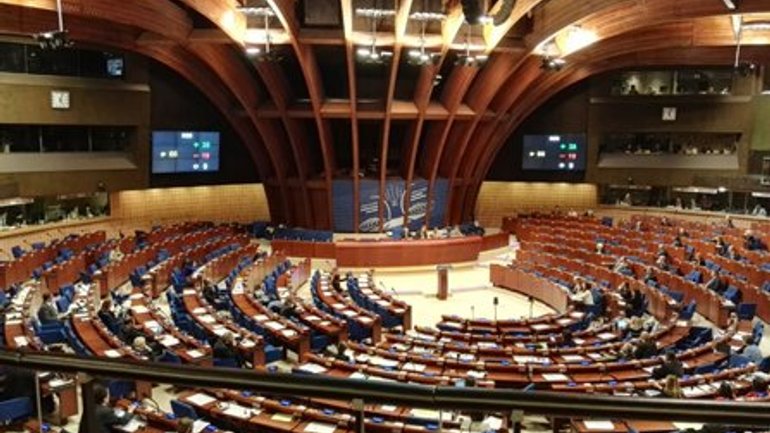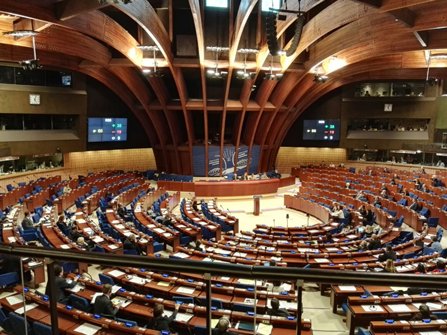The protection of the rights of parents and children belonging to religious minorities, - PACE.

27 April 2017 the Parliamentary Assembly of the Council of Europe (PACE) voted in favor of Resolution 2163 “The Protection of the Right of Parents and Children Belonging to Religious Minorities.

Introduced by PACE Rapporteur Valeriu Ghiletchi, the resolution was precipitated by the growing ethnic, cultural and religious diversity of European member States. With the growing diversity comes the potential for religious minorities to be ostracized for their views and values by a more dominant majority.
Following a two-year investigation and intense debate emerged the following resolution and recommendation, approved by the Assembly to encourage the 47 member States of the Council of Europe to protect these fundamental rights against discrimination and to:
- Affirm the right to freedom of thought, conscience and religion for all individuals, including the right not to adhere to any religion, and protect the right of all not to be compelled to perform actions that go against their deeply held moral or religious beliefs, while ensuring that access to services lawfully provided is maintained and the right of others to be free from discrimination is protected;
- Promote reasonable accommodation of the deeply held moral or religious beliefs of all individuals in cases of serious conflict to enable citizens to freely manifest their religion or belief in private or in public, within the limits defined by legislation and provided that this is not detrimental to the rights of others;
- Repeal any law or rule which establishes a discriminatory distinction between religious minorities and majority beliefs;
- Ensure easy-to-implement options for children or parents to obtain exemptions from compulsory State religious education programmes that are in conflict with their deeply held moral or religious beliefs; such options may include non-confessional teaching of religion, providing information on a plurality of religions, and ethics programmes.









